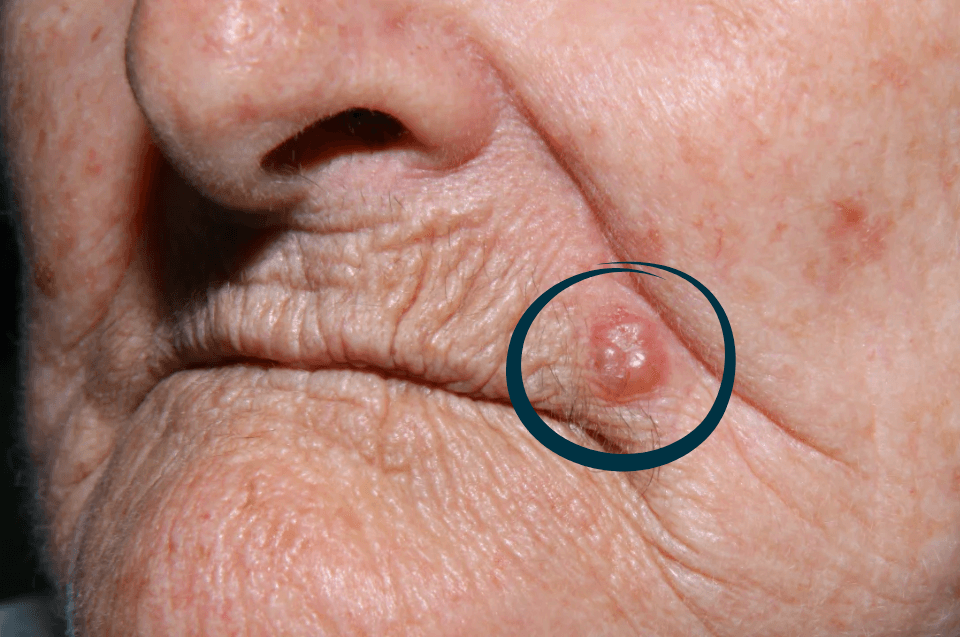Stroke Caused by Stress: Symptoms, Prevention, and How to Reduce the Risk
Stress is part of modern life, but did you know it can increase the risk of a stroke? Although many associate stroke (cerebrovascular accident – CVA) only with factors like hypertension and high cholesterol, the impact of chronic stress on the cardiovascular system can be devastating. Moreover, contrary to what many think, stroke is not an exclusive condition of the elderly. Increasingly, young and middle-aged people have suffered strokes, often driven by factors such as excessive stress and unhealthy lifestyles.
How Can Stress Cause a Stroke?
Constant stress activates the sympathetic nervous system, leading to increased blood pressure and heart rate. In addition, it releases hormones such as cortisol and adrenaline, which can cause inflammation in blood vessels, making them more prone to blockages or ruptures. This scenario favors clot formation and can trigger a stroke.Another important point is that stress can also lead to harmful health behaviors such as poor diet, physical inactivity, and excessive consumption of alcohol and tobacco, which are additional risk factors for a stroke.Main Risk Factors for Stress-Related Stroke
People who suffer from chronic stress and do not adopt effective control strategies are more vulnerable. Some risk factors include:- Untreated anxiety and depression
- Insomnia and sleep disorders
- High blood pressure
- Poor diet
- Physical inactivity
- Excessive consumption of alcohol and tobacco
- Excessive use of electronic devices, which can increase anxiety and harm sleep
Stroke Is Not Exclusive to the Elderly
Many people mistakenly believe that stroke occurs only in elderly individuals. However, the number of cases among young adults has increased, especially due to chronic stress and poor lifestyle habits. Professionals working under high pressure, students facing major academic challenges, and people who cannot disconnect from work are examples of groups that may be at risk, even if apparently healthy.Stroke Symptoms: Watch for the Signs
Recognizing the signs of a stroke can save lives. Watch for symptoms such as:- Weakness or numbness on one side of the body
- Difficulty speaking or understanding words
- Sudden loss of vision
- Severe dizziness and loss of balance
- Sudden and intense headache
- Mental confusion or difficulty thinking clearly
How to Reduce the Risk of a Stress-Related Stroke?
Managing stress is essential to avoid health complications, including stroke. Some effective strategies include:- Regular physical exercise, as it helps reduce stress and improve cardiovascular health.
- Getting good sleep and maintaining a proper sleep routine.
- Adopting relaxation techniques, such as meditation, yoga, and deep breathing.
- Maintaining a balanced diet, rich in fruits, vegetables, and healthy fats.
- Seeking psychological support when necessary to cope with anxiety and daily pressures.
- Creating a balance between professional and personal life, reducing mental overload.



